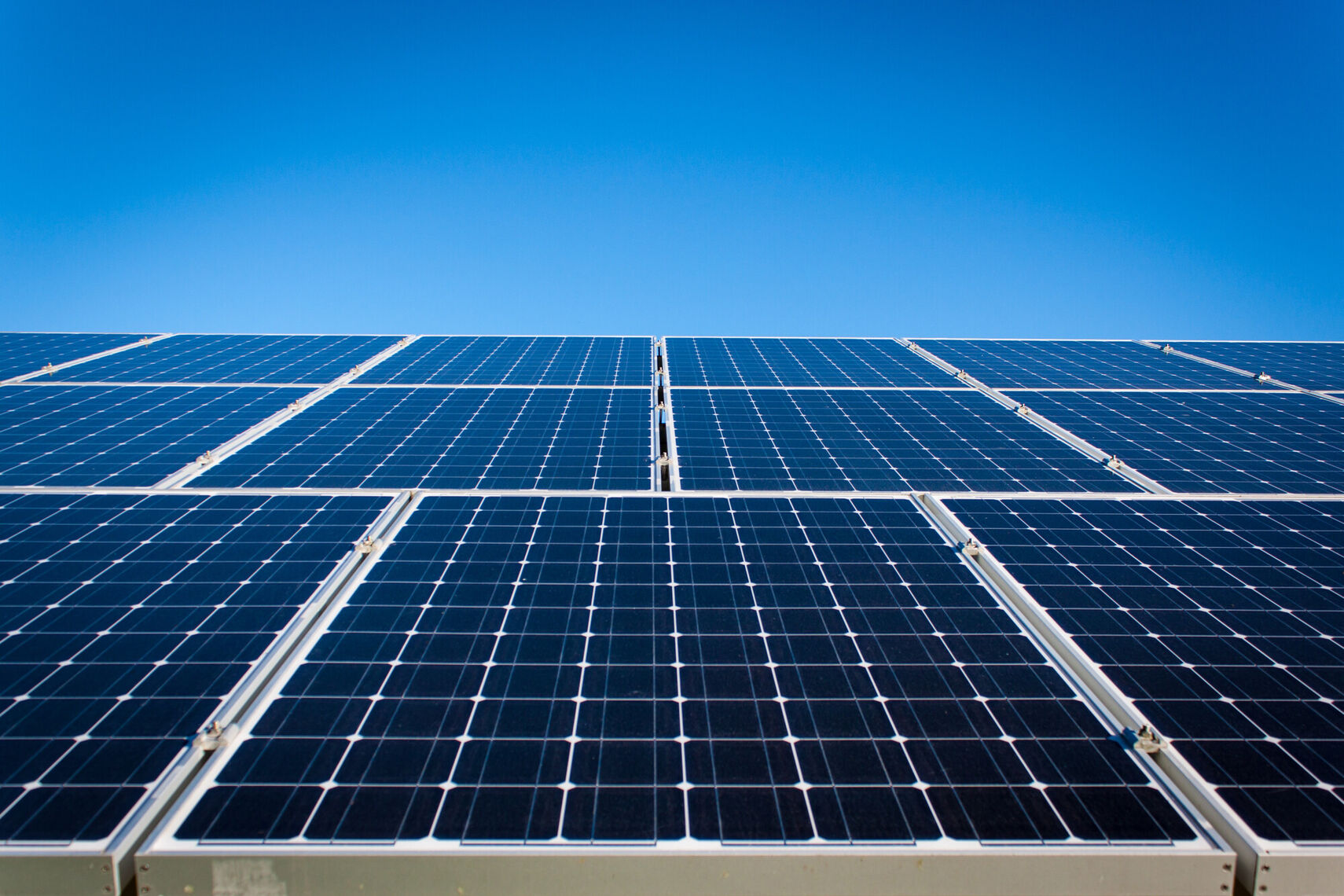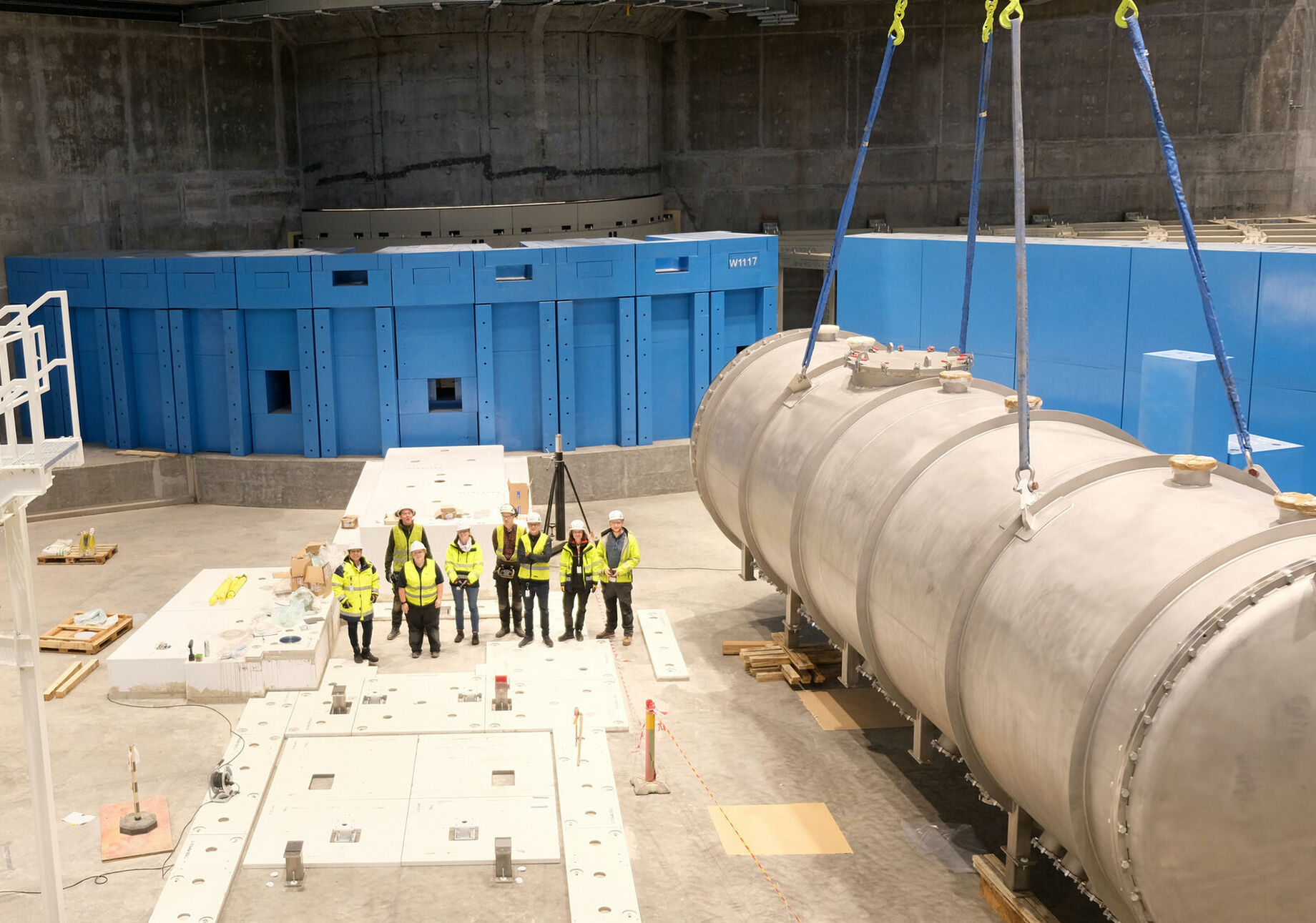
For World Health Day 2022, the WHO has chosen to focus global attention on the urgent actions needed to keep people and the planet healthy.
The WHO estimates that more than 13 million deaths around the world each year are due to avoidable environmental causes, and the fact is a polluted planet increases the risk of diseases, such as cancer, asthma, and heart disease. This climate crisis is the single biggest health threat facing humanity: a climate crisis is also a health crisis.
Over 90% of people breathe unhealthy air resulting from burning fossil fuels. Not only that, a warmer globe is leading to mosquitos spreading diseases farther and faster than ever before. We are all aware of the urgent need for better and more easily accessible alternate power sources that stay the course.
The research to be carried out at ESS will help play a role in advances leading to the global use of cleaner, sustainable, renewable energy.
Although many commercial solar energy systems are already in use around the world, the industry continues to face significant challenges that prevent a wider reliance on solar energy as a primary energy source. One of the biggest challenges is the cost of solar energy system production, which uses silicon-based solar cells. Another major challenge is that traditional solar energy systems are composed of thick, rigid sheets that require fixed installation points, a constraint that limits their applications.
Organic solar cells are a promising alternative to silicon-based cells, as they are lightweight and can both bend and be made transparent, delivering a more versatile and inexpensive solar energy solution. Neutrons are particularly well suited to analysing the nanoscale polymer mixture of an organic solar cell. As one example, the ESS instrument LoKI will enable scientists to simultaneously highlight the actions of multiple system components while they are subjected to multiple environmental conditions, giving an unprecedented look into how to optimise the efficiency of organic solar cells.
This is turn will make the technology more suitable for mainstream use, resulting in a dramatic reduction in the cost of solar energy systems, and making solar energy a truly universal clean energy source.
As if that isn’t enough, what also makes LoKI our ‘World Health Day’ instrument of choice is the fact it will also be used for experiments within life science. This will help to improve our understanding of the biological processes behind ageing and certain diseases; for example, the analysis of amyloid plaque deposits that disrupt brain function in Alzheimer’s patients. Such studies will provide information on new forms of prevention or treatment in the future, and as such contribute to not only a healthier planet, but healthier people as well.

























